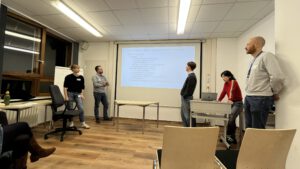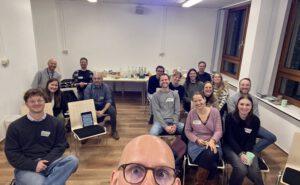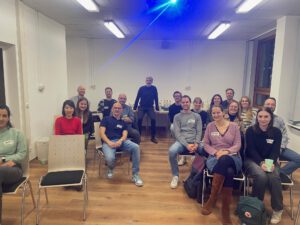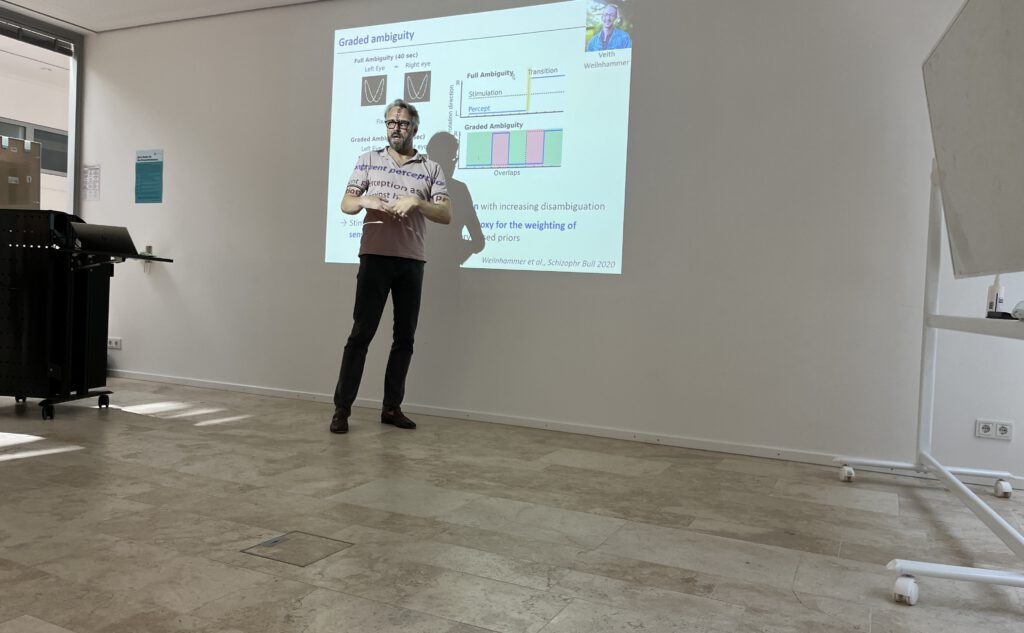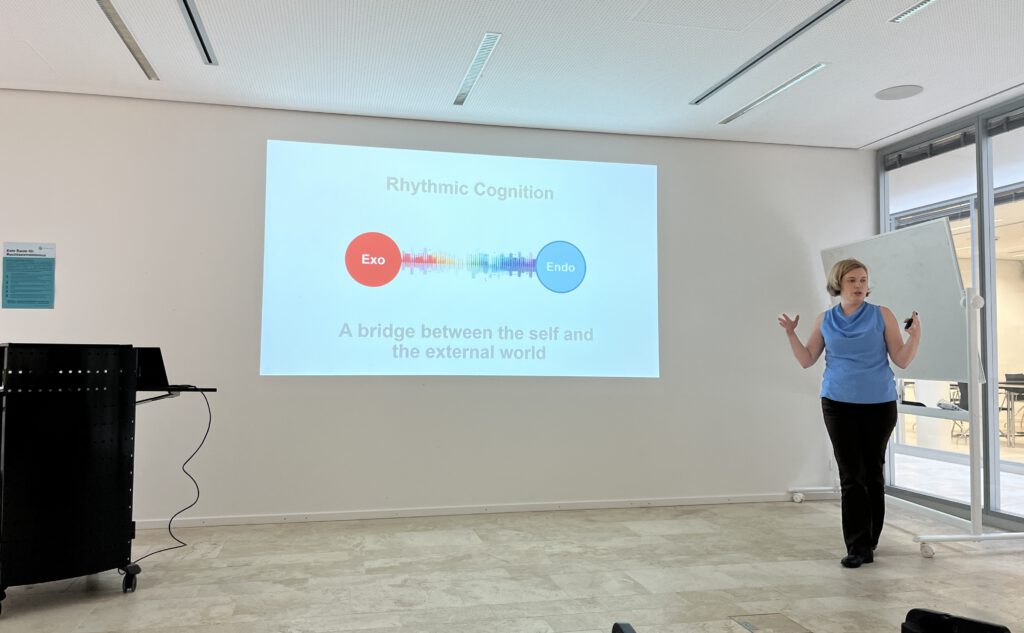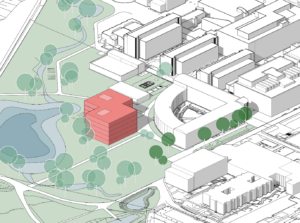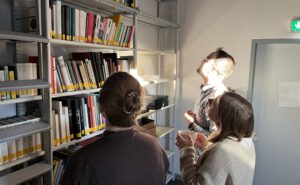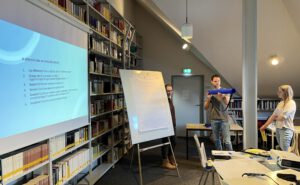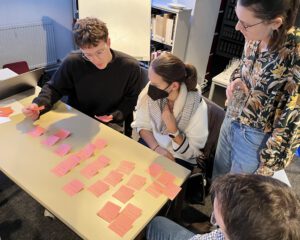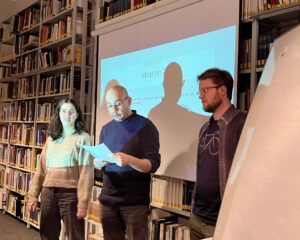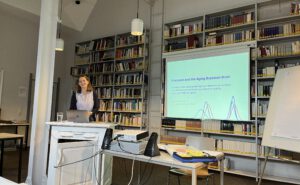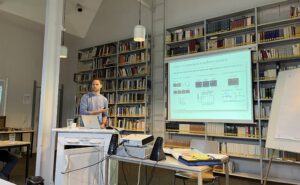Now out in eLife, Lisa Reisinger and Nathan Weisz (Salzburg) with a diverse team including myself (J.O.) show, using state of the art decoding models and a rigorous approach of internal, pre-registered replication, that people living with tinnitus (a chronic and often very distressing auditory “phantom percept”) show altered patterns of predictive auditory processing. Check it out!
The eLife editorial assessment reads like this: “This important work presents two studies on predictive processes in subjects with and without tinnitus. The evidence supporting the authors’ claims is compelling, as their second study serves as an independent replication of the first. Rigorous matching between study groups was performed, especially in the second study, increasing the probability that the identified differences in predictive processing can truly be attributed to the presence of tinnitus. This work will be of interest to researchers, especially neuroscientists, in the tinnitus field.”

